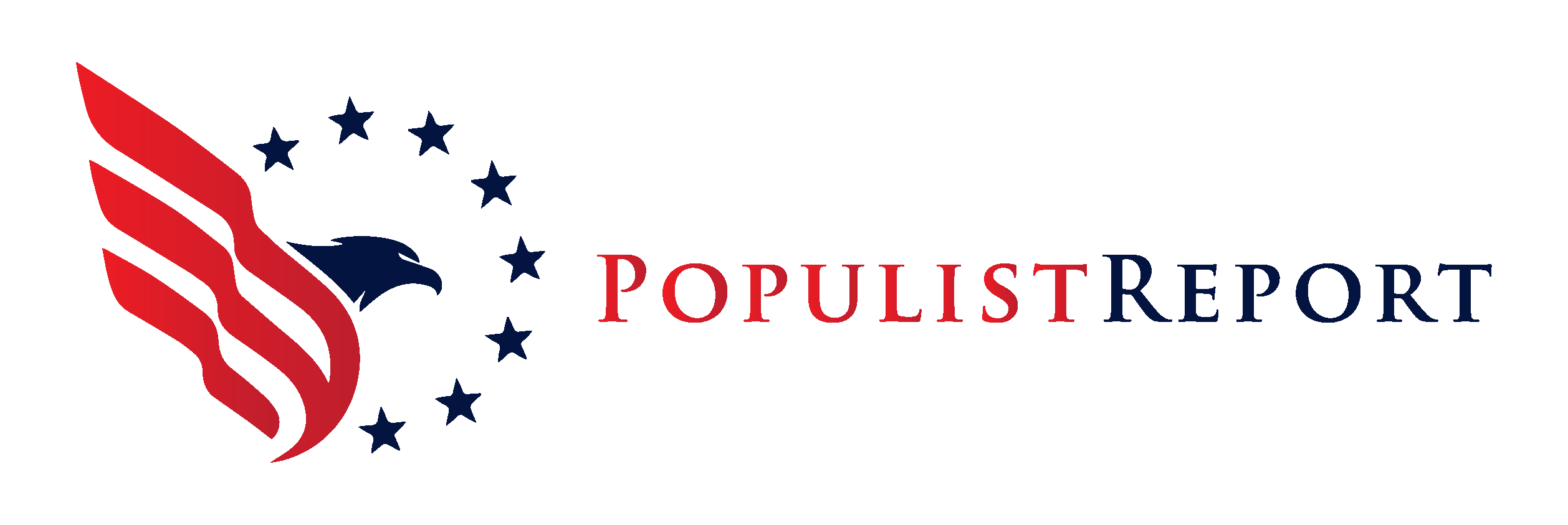When it comes to understanding how Democrats manage to outpace Republicans in fundraising, one name keeps popping up: ActBlue. This fundraising platform has become a cornerstone of Democratic campaign finance, but not without raising eyebrows—many of them skeptical. Designed to facilitate contributions to liberal causes, ActBlue seems to function less as a responsible financial intermediary and more like a sieve for questionable practices. For a party that loves to champion its moral high ground and paint itself as the protector of democracy, the platform’s track record is, let’s say, a bit ironic.
Despite the constant drumbeat from the mainstream media portraying Republicans as the party of billionaires and big money, ActBlue’s role in turbocharging Democratic fundraising tells a different story. It’s not just about how much money is raised but how quickly it’s amassed. Kamala Harris’s campaign, for example, didn’t just outspend Donald Trump—it did so with alarming speed, a feat made possible, in large part, by ActBlue. While the platform’s efficiency is impressive, its transparency—or lack thereof—raises serious questions about where the money is coming from and how it’s being funneled into campaigns.
ActBlue’s lack of rigorous verification processes has been a particular sticking point. Unlike traditional fundraising platforms that cross-check donor identities, ActBlue allows contributions through prepaid gift cards that are effectively untraceable. Until very recently, those gift cards could be purchased anywhere in the world, opening the door to foreign interference. According to documents obtained under subpoena, ActBlue only implemented new safeguards in September 2024 to block donations made with foreign gift cards or from high-risk countries like China, Russia, and Iran. These changes, conveniently, came just days after Republican lawmakers introduced the SHIELD Act, aimed at keeping foreign money out of U.S. political campaigns.
For years, ActBlue’s lax policies allowed what critics describe as a “smurfing” scheme—where large sums of money are broken into smaller contributions under fake or unaware donors’ names. This practice enables foreign money or illicit funds to flow seamlessly into political campaigns under the guise of grassroots support. The platform’s newly updated policies might block some of these contributions going forward, but the timing of the change is suspicious, to say the least. It’s hard not to wonder just how much illicit money has already made its way into the Democratic coffers through these loopholes.
The rapid and massive fundraising for Harris’s campaign in 2020 and beyond raises even more questions about the origins of these funds. While Democrats proudly tout their grassroots donor base, the reality may be more complex. Could the impressive totals be bolstered by a handful of deep-pocketed donors or even foreign actors using ActBlue as a laundering mechanism? No one knows for sure, but the signs aren’t exactly reassuring. For all their talk about safeguarding democracy, it seems the Democrats have a funny way of turning a blind eye when the money rolls in, no matter where it’s coming from.

